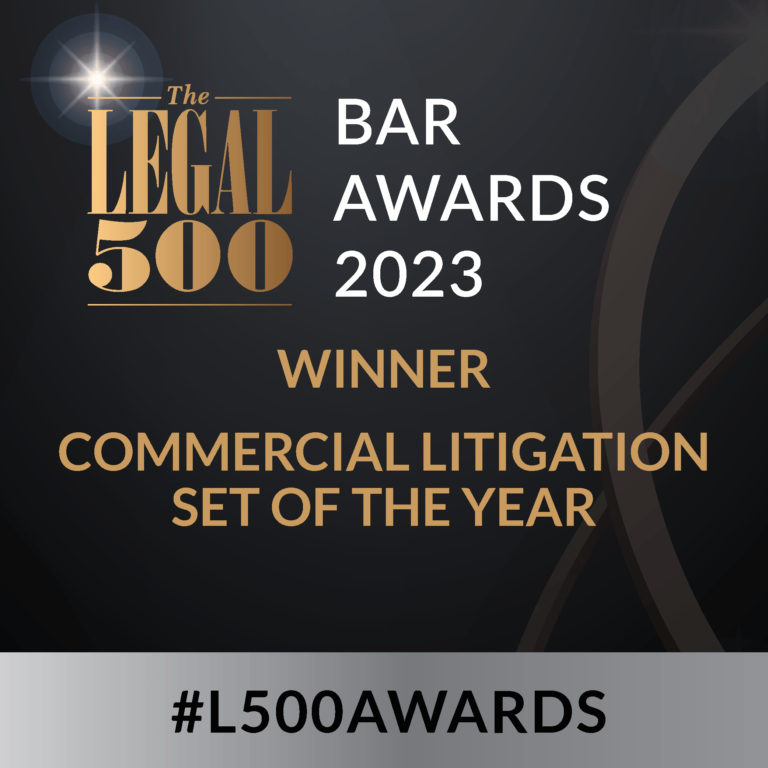Application by Alstom to resist enforcement of ICC Award due to alleged bribery dismissed
Christopher Harris QC and Sarah Tulip, instructed by Charles Fussell and Elizabeth Stopplemoor of Charles Fussell LLP, have succeeded in opposing an application by the French multi-national corporate Alstom to resist enforcement of an ICC arbitration award in England and Wales.
Over four years ago, an ICC arbitral tribunal ordered Alstom to pay its former consultant, Alexander Brothers Limited (ABL), c.€2 million in unpaid invoices dating back to 2009. Alstom did not comply with the ICC award, and brought an unsuccessful application to set aside the award before Swiss Federal Tribunal (the court of the seat). ABL initially sought to enforce the Award in France. However, in a judgment handed down in May 2019, the Paris Court of Appeal refused ABL permission to enforce the Award on public policy grounds. Pending the determination of its appeal against that judgment to the Court de Cassation in France, ABL applied to enforce the Award against Alstom in England. In October 2019 Mr Justice Teare granted ABL permission to enforce the Award in this jurisdiction. Alstom applied to set aside that Order on grounds (inter alia) that it would be contrary to public policy to permit enforcement of the ICC award because there were indicia that ABL had engaged in bribery in the performance of the consultancy agreement. In making its application, Alstom relied upon almost exactly the same evidence that was in evidence in the arbitration.
In a judgment handed down today, Cockerill J dismissed Alstom’s application. Cockerill J held that the allegations of bribery raised by Alstom “could and should” have been raised during the arbitration and that it would be an abuse of process for those arguments to be raised now in order to resist enforcement on public policy grounds. The Judge also expressed scepticism as regards the substance of the bribery allegations, finding that there was “very little indeed… which looks to be of any concern.”
The judgment contains a detailed consideration of the relevant legal principles that apply when a party seeks to resist enforcement of an arbitration award under s.103(3) of the Arbitration Act 1996, and in particular the authorities on public policy and bribery. The judgment considers the leading authorities in this area, including in particular the Court of Appeal’s seminal judgment in Westacre [2000] QB 288 and the Court of Appeal’s recent judgment in RBRG [2018] EWCA Civ 838. Interestingly, however, on the facts the Judge held that although the allegation of bribery was set out in the terms of reference and that “corruption remained at the heart of the claim” in the arbitration, the Tribunal did not determine the bribery allegation “on the facts” and accordingly the allegation of bribery had not been “made, entertained and rejected” in a Westacre sense . The Judge held that the problem with Alstom’s position was not that the allegation of bribery had already been determined, but that a positive allegation of bribery “could and should” have been made during the arbitration, and that it would be an abuse of process in the Henderson v Henderson sense for that allegation to be raised now at the enforcement stage. The Judge also dismissed Alstom’s arguments based on estoppel, EU law, and alleged breach of the duty of full and frank disclosure.
The judgment is available here.











